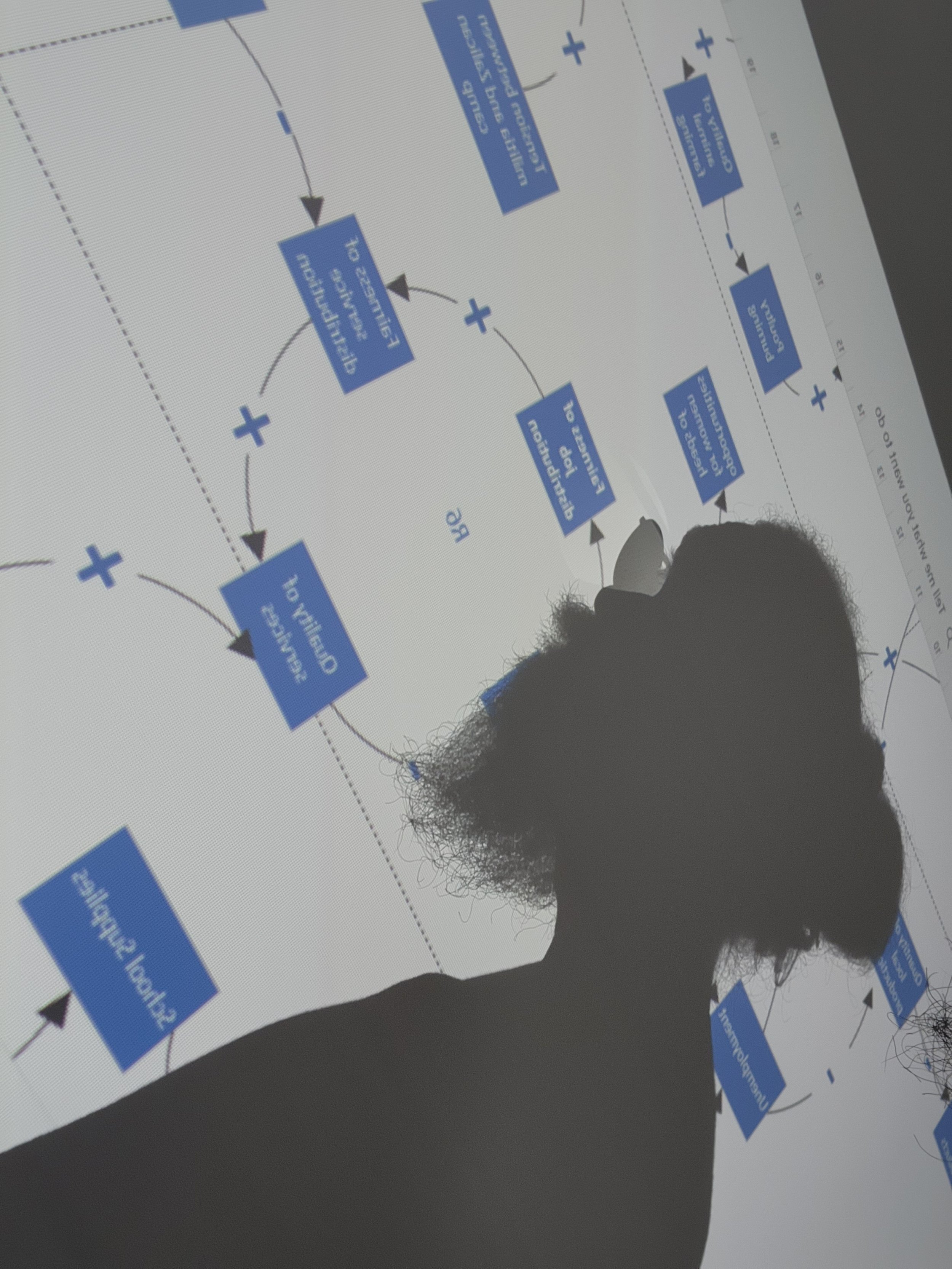Multi-disciplinary Training & Coaching
My training and coaching sessions draw heavily on techniques, approaches and tools from improv, expressive arts therapy, and experiential learning.
I am a firm believer that the best learning happens when we break the walls between disciplines and approach our humanness from a holistic perspective. Check the blog or get in touch with me for more information about my improv-based training and coaching, how I use experiential learning, how I integrate concepts from expressive arts therapy theories, the importance of fun for me and other techniques and approaches that feed into my work.
Workshop and Meeting Facilitation
It might seem that meetings don’t require you to outsource for a facilitator. However, the efficiency of meetings and workshops highly depend on a set of skills and tools that you don’t necessarily have time to develop and improve.
I work on learning and developing new tools and techniques to make meetings and workshops more effective using improv, arts, and other interactive tools that make the process not only fun for the attendees, but also much more impactful for your work.
Get on a call with me to discuss some of the ways I may already have to tackle any workshop or meeting challenges you may be having. Better yet, I can take some time to develop a plan that works specifically for your needs and difficulties.
Experimentation and Development!
I am also part of an improv-based corporate training company called Perform. Perform is made of highly passionate and creative individuals who are always at the forefront of experimentation and development of the newest and most efficient ways to train people on soft (and some hard) skills.
We love spending hours in our labs coming up with ideas and trying them out. Filtering those ideas through the lenses of specific needs and problems hones the edges of our findings and then we put them in action.
If you are looking for ways in which your team has fun AND learns, please, get in touch. I am serious about fun and I think it’s an important - if not THE MOST important - factor in adult learning, development, and growth.



